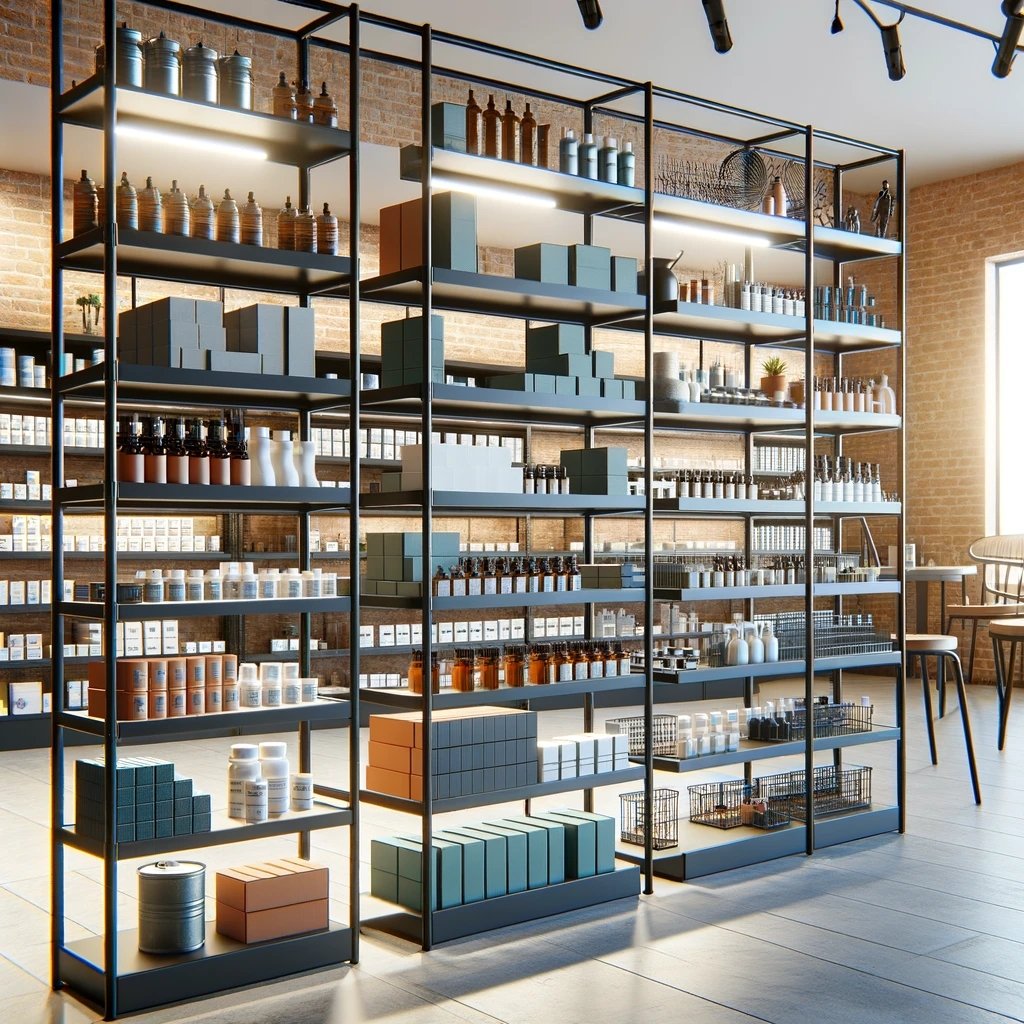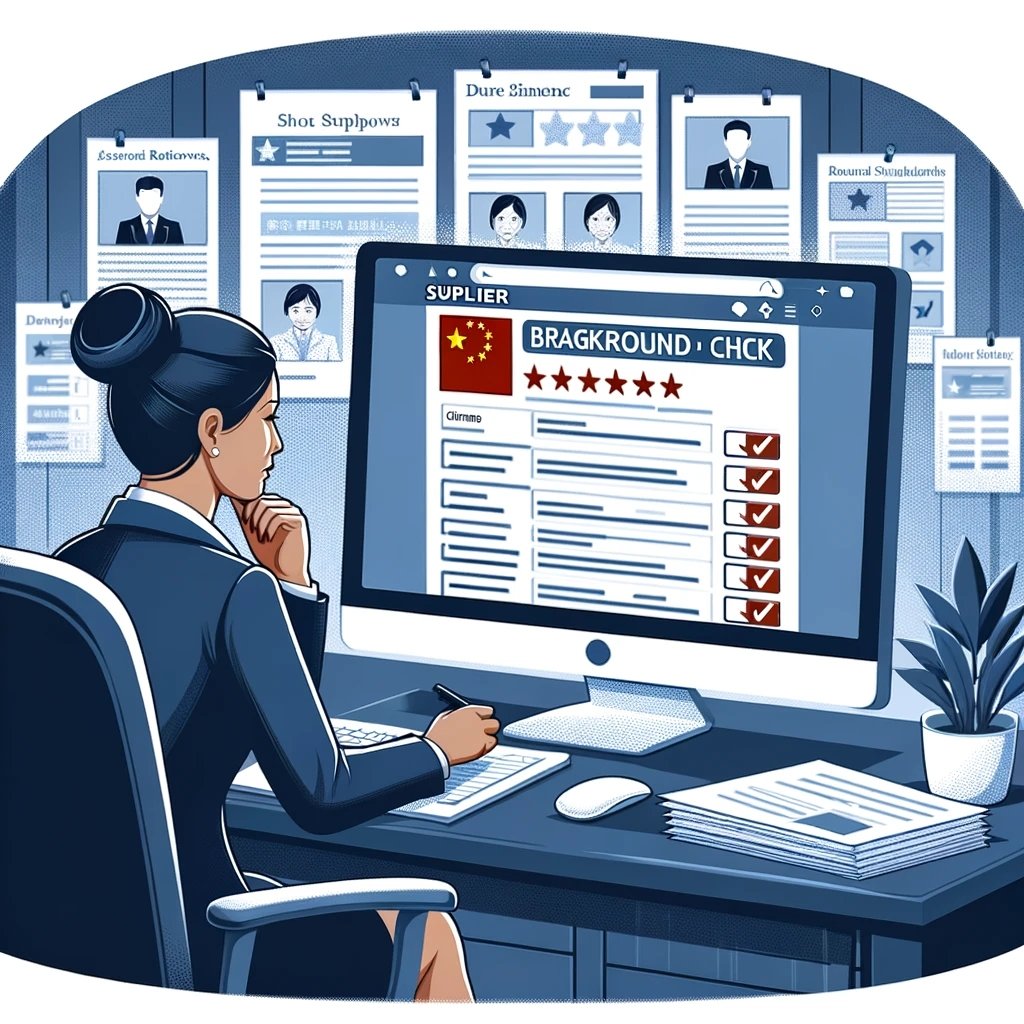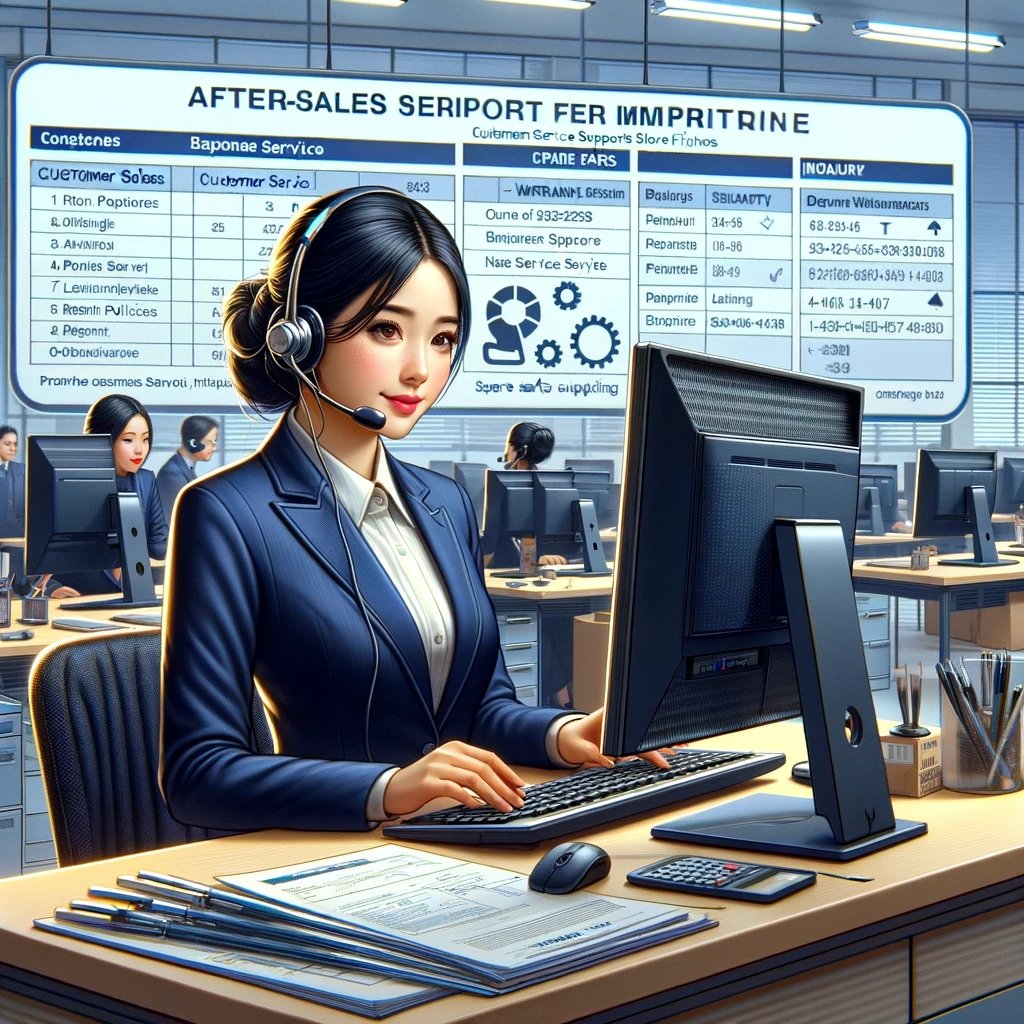Mastering the Art of Importing: A Comprehensive Guide to Bringing Store Fixtures from China to Your Doorstep

Table Of Content:
Importing store fixtures from China can be a cost-effective and efficient way to outfit your retail space, but it requires careful planning and attention to detail. Here’s a guide outlining ten critical factors to consider:
1. Quality Assurance
- Inspect Samples: Always request and inspect samples before placing a bulk order. This allows you to assess the quality and ensure it meets your expectations.
- Quality Standards: Familiarize yourself with the quality standards for store fixtures in your country and ensure the Chinese supplier adheres to these standards.

2. Supplier Reliability
- Background Checks: Research the supplier’s history, reputation, and reviews from previous clients. This step is crucial for establishing trust and reliability.
- Factory Visits: If possible, visit the supplier’s factory. This gives you a firsthand look at their manufacturing processes and capabilities.

3. Cost Considerations
- Total Cost Calculation: Include not just the product cost, but also shipping, customs duties, taxes, and any other fees that may apply. Hidden costs can add up quickly.
- Negotiation: Be prepared to negotiate prices, but also understand the market to ensure you’re getting a fair deal.

4. Customs and Compliance
- Regulatory Compliance: Ensure that the products comply with your country’s regulations and standards. Non-compliance can lead to costly legal issues.
- Customs Brokerage: Hiring a customs broker can simplify the import process and help navigate the often-complex customs procedures.

5. Shipping and Logistics
- Shipping Options: Choose the most appropriate shipping method (air, sea, or land) based on cost, time, and the nature of the fixtures.
- Tracking and Coordination: Keep track of your shipment and coordinate with logistics providers to ensure timely and safe delivery.

6. Communication
- Language Barrier: Be aware of potential language barriers. Hiring a translator or using a bilingual agent can facilitate smoother communication.
- Time Zone Differences: Schedule communications considering the time zone differences to avoid delays in responses and decision-making.

7. Contract and Payment Terms
- Clear Contracts: Have clear, written contracts that outline every aspect of the transaction, including quality specifications, payment terms, and delivery schedules.
- Secure Payment Methods: Use secure, traceable payment methods and be cautious of any supplier requesting unusual payment terms.

8. Intellectual Property Protection
- Designs and Trademarks: If you’re ordering custom fixtures, ensure that your designs and trademarks are protected and not copied or used without permission.
9. After-Sales Support
- Warranty and Repairs: Discuss warranty periods, return policies, and repair services before finalizing the purchase.
- Spare Parts: Consider ordering spare parts for your fixtures to handle future repairs and maintenance.

10. Cultural Understanding
- Business Etiquette: Understanding Chinese business etiquette can go a long way in fostering a good relationship with your supplier.
- Holidays and Work Culture: Be aware of Chinese holidays and work culture, as they can affect production and shipping timelines.

Conclusion:
By paying attention to these ten areas, you can navigate the complexities of importing store fixtures from China and ensure a successful, stress-free transaction.
Aldrich designs and manufactures custom point of purchase and retail product displays of all types. Our designers work with you to create the most effective and eye catching display for your product. Your inquiry will be answered within 12 hours.
LinkedIn
Twitter
Pinterest

